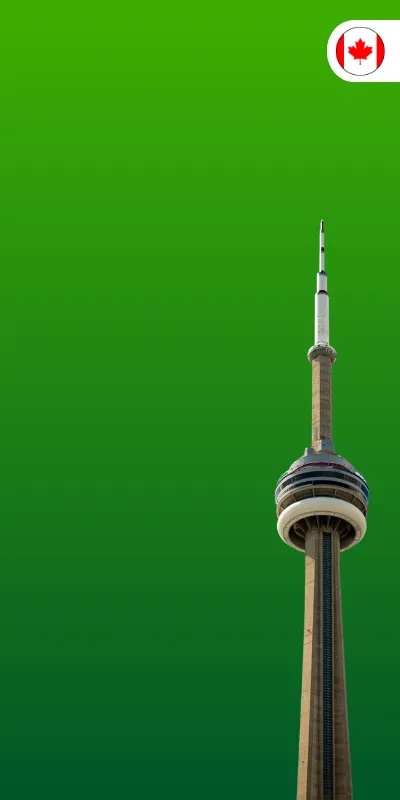

Why Choose Canada for Your Studies?
Pathway to Permanent Residency
Canada offers various immigration programs, like the Post-Graduation Work Permit (PGWP), that can lead to permanent residency for international graduates.
Work While You Study
Eligible international students can work part-time during studies and full-time during breaks, gaining valuable Canadian work experience.
Popular Study Fields in Canada
Engineering & Technology
Software, AI, Civil, Mechanical, Renewable Energy.
Health Sciences
Nursing, Public Health, Pharmacy, Kinesiology.
Environmental Sciences
Environmental Management, Sustainability, Climate Studies.
Hospitality & Tourism
Hotel Management, Culinary Arts, Tourism Management.
Your Application Journey to Canada
Gather Documents & Apply
Prepare academic records, English/French proficiency (IELTS/TEF), SOP, LORs, and financial proofs (GIC).
Experience Vibrant Canadian Student Life
Hear From Our Successful Students
Frequently Asked Questions
A DLI is a school approved by a provincial or territorial government to host international students. You must have an acceptance letter from a DLI to apply for a Canadian study permit.
Yes, you must prove you have sufficient funds to support yourself. A Guaranteed Investment Certificate (GIC) from a participating Canadian financial institution is a common way to show proof of funds for living expenses.
Yes, most international students who graduate from a DLI are eligible for the Post-Graduation Work Permit (PGWP), allowing them to gain valuable Canadian work experience for up to 3 years.
Canada actively encourages international graduates to apply for permanent residency. Programs like Express Entry (Federal Skilled Worker) and various Provincial Nominee Programs (PNPs) often favor candidates with Canadian education and work experience.
Canada has four distinct seasons. Winters can be cold with snow, especially inland, while summers are generally warm. Coastal areas have milder climates. Proper clothing is essential, and students quickly adapt to the seasonal changes.
Ready to Start Your Canadian Journey?
Let our expert counselors guide you every step of the way, from university selection to visa application.
Get Free Consultation